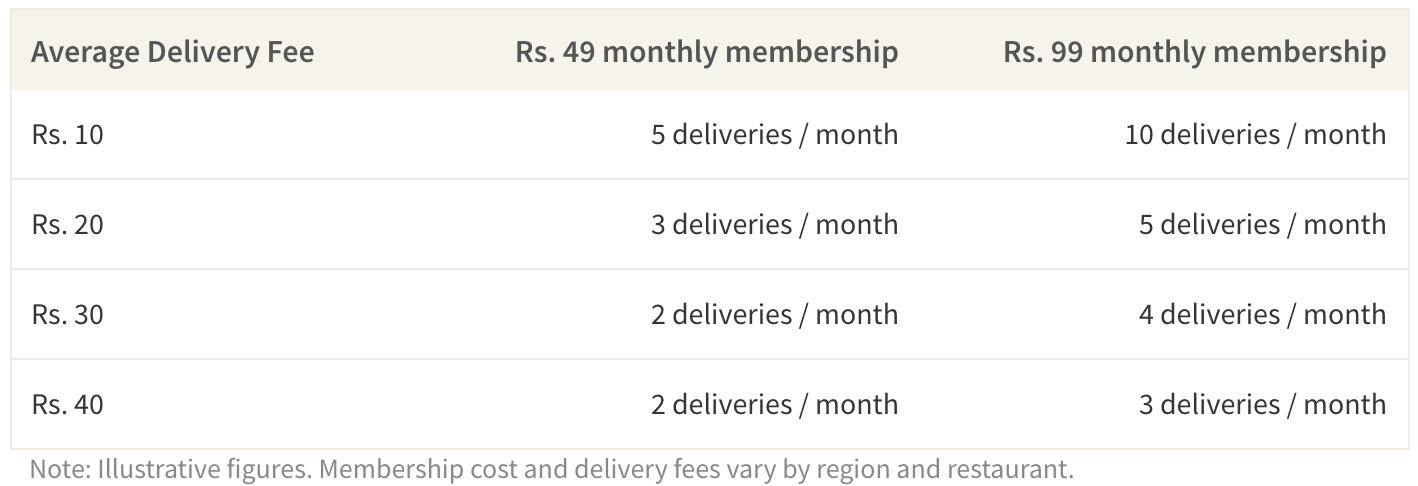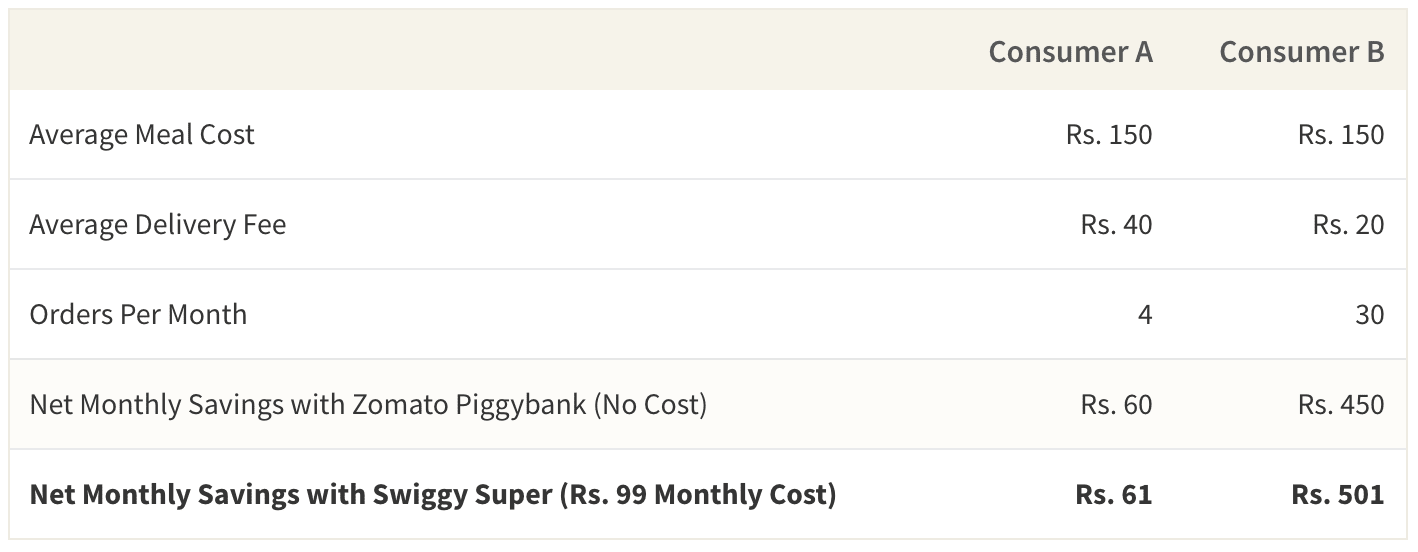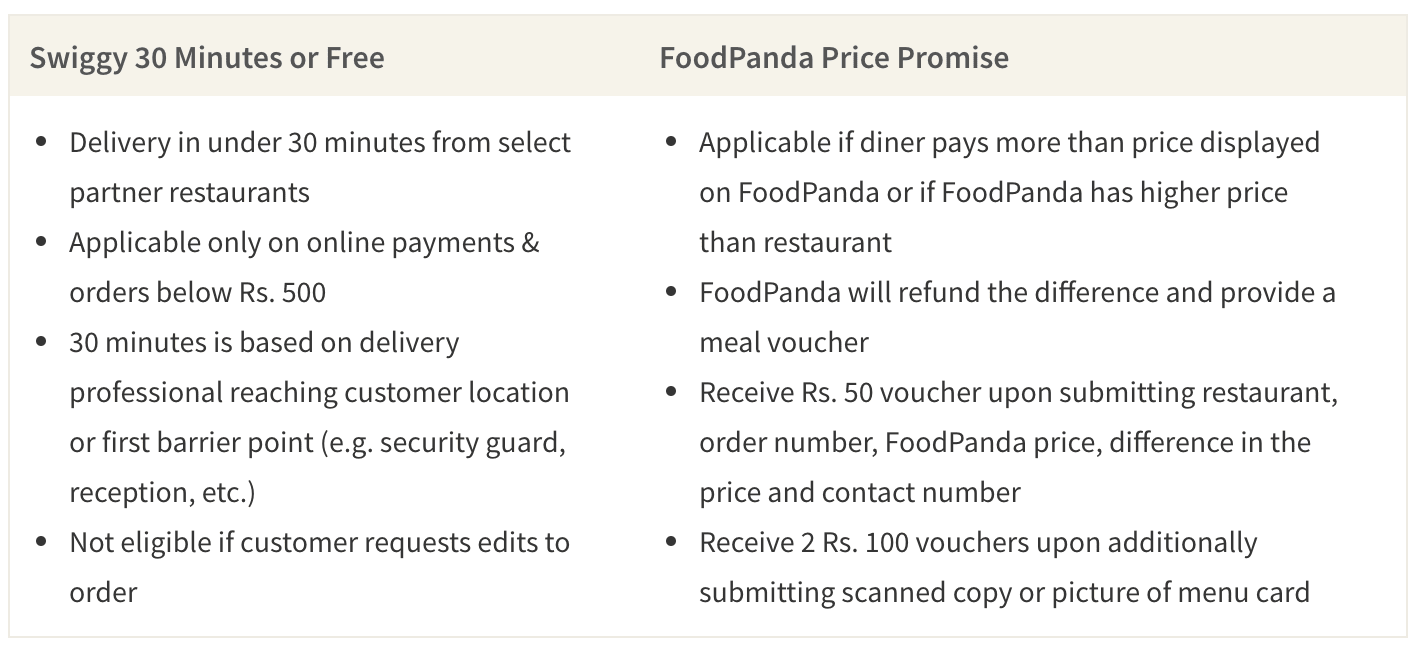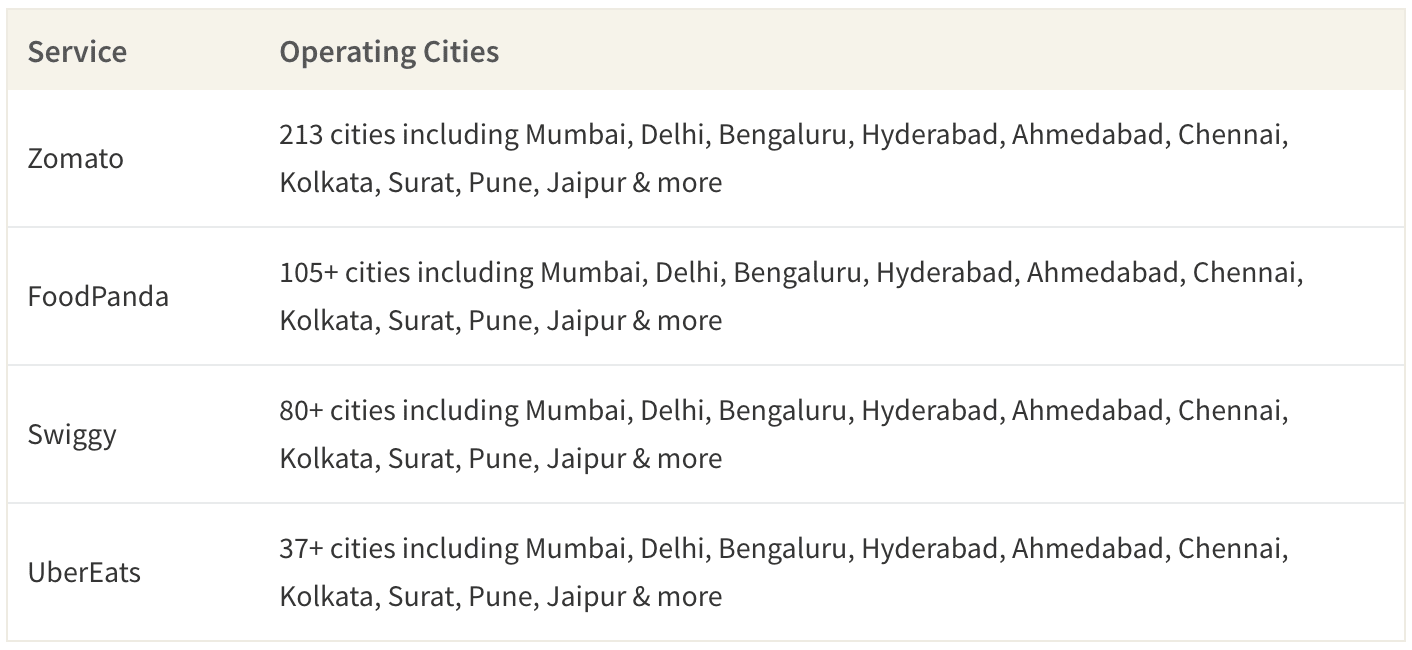In today’s world of remote working, it’s important to price-in some time for teams to meet in person

Culture. We hear this word often, but what does that mean? It is the personality of an organisation; the way that things are done. These behaviours and practices are supported by values that are mutually embraced and continuously reinforced by the team members.
Huge established organisations have developed cultures over decades and stood the test of time; these can be difficult to change, as they have become rooted in the organisation’s DNA.
Culture is formed by the values that all members within the organisation embrace. It is impossible to replicate and is unique to an organisation, the leadership, the team members and the shared history. As a young startup, we have the privilege to focus on and develop the culture to set the stage for StashAway’s future.
Since culture is largely nurtured by team members in an organic fashion, the most important sub-process where we could play a hand in driving the culture is through recruitment:
Who do we want on our team to contribute to our culture? As the company grows, the culture will be more entrenched and prominent. Candidates who resonate with the culture are drawn to submit an application. Those who do not should not; otherwise, if they are hired, they will feel like a fish out of water and leave in no time.
Having joined StashAway with a team of 18 in July 2017 and growing to 41 today, we made mistakes and have a lot more to learn about nurturing a healthy culture that works for us.
For now, I would like to share the main values we uphold and practices that have contributed to StashAway’s culture.
Build a positive and collaborative team
Similar to lions and wolves, human beings move in packs and are social creatures. We like to feel safe, and tend to surround ourselves by people whom we trust and interact well with. An environment of trust and collaboration can affect employees, customers and the success of our business.
Trust and collaboration can be fostered especially by leaders, when they act more like a nurturing parent instead of an authoritative boss.
Like parents would for their children, leaders provide their employees with opportunities to thrive and fail, education, feedback and encouragement.
Although our employees are unimpressionable adults who are able to think for themselves, they subconsciously looks to leaders’ words and actions to understand the social mores of the organisation. With an eye for the company’s goals rather than individual objectives, employees see the big picture as they identify and prioritise the goals required to propel the organisation.
At StashAway, we approach problems with transparency, especially through our monthly townhall and weekly standup meetings in which all team members participate in.
We want every team member to be aware of the highs and lows StashAway is going through, and proactively contribute to the solution. Every idea will be considered. As a team, we work together to find the most ideal solution.
For example, in August 2018, we convened a meeting with all our 31 employees at StashAway when deciding among 3 office locations. Was an office move an important topic? Was this meeting an efficient use of everyone’s time? Probably not. However, we wanted to hear everyone’s perspectives, in addition to the advantages and disadvantages we had considered, before we made an informed decision.
On a lighter note, collaboration can be best forged through casual interactions and bonding among team members. We encourage everyone to hang out together during various company-organised events, such as weekly team lunches, fortnightly coffee chats with a randomised colleague, and bi-annual off-sites with team members from Singapore and Malaysia.
Also Read: Thai government to endorse e-sports a new industry focus
Ground-up initiatives have also been made by team members to utilise their S$50 quarterly team-bonding budget with at least 6 other colleagues: we have ridden the waves when we went wakeboarding, escaped from swarms of ruthless zombies in a virtual reality game, and challenged one another by numbing our taste buds at a Sichuan cuisine restaurant.
Communicate Authentically, Clearly and Effectively
At StashAway, we encourage our employees to courageously voice or pen their opinions. Respectful debate and candid feedback can lead to stronger decisions and growth.
That being said, candour should not stem from malice and negativity; it comes from a place of trust and genuine desire for others to be better.
Good communicators show respect for others, and keep their cool in tough circumstances. This can be witnessed when employees receive organic or formal feedback from others, including their peers and team members who report to them.
Though uncomfortable, we remain open and receptive, instead of avoiding our weaknesses or punishing people who point out these flaws.
Communication goes both ways: encoding (i.e. delivering a created message in writing or speech) and decoding (i.e. reading or listening to a message). Insufficient or untimely communication could cause inaccurate decisions to be made.
We can pay more attention to our actions, words and subtle cues during communication, as these could suppress alternative views. For example, we could pause to listen and understand opinions before responding to them.
If we fear being unheard, appearing foolish, or offending others, we are disincentivised to share our ideas and opinions with others.
We complement frequent feedback by rewarding all full-time employees on a timely basis. These bi-annual incentives come in the form of salary increments, performance bonus and employee stock options. The value of performance bonus and employee stock options are heavily driven by company performance, hence it helps reinforce the need for long-term collaboration among all team members.
Keep Learning and Improving
In today’s knowledge economy, employees want more than salaries; they crave for creation, challenges, ownership, identity and pride.
At StashAway, we select our candidates based on their attitude towards work, resilience and if they have a growth mindset. You can equip determined and hardworking employees with the skills required for the job; it is challenging to instill resolve and a great work ethic in employees who do not possess a similar mentality.
We do not handhold or spoon-feed our employees. We want them to be resourceful and seek help from their helpful and humble team members when needed.
We attempt to assign people their “most engaging” work and provide them with challenges that might not feel the most comfortable. We trust our employees with freedom and responsibility to generate ideas and make decisions. There is a sense of pride that hands-on action and deep involvement can create.
Give them some work that they are not quite ready to handle, so they risk failure and learn from it. Even when we hit a roadblock, we want our employees to know that they are here to innovate and learn.
Also Read: Shopee takes aim at Lazada with live streaming play
As we hire young, talented and hungry individuals, we are responsible for their growth. Each full-time employee receives an annual budget of S$1,000 (US$730) to purchase learning resources that could enable them to be professionally and personally better.
Resources could range from overseas conferences and offline courses, to e-books and mobile applications that help with sleep and meditation.
—
This article was written by Siewyee Bay, StashAway’s Head of People & Culture
Join the future of Investing
At StashAway, investors gain access to institutional-level investing at incredibly low cost. Our fee structure is simple and transparent and range from 0.2% to 0.8% p.a. depending on the value of your assets under management. There is no minimum balance required and you have full control over your deposits and withdrawals at no additional charge. If you’d like to try a sophisticated investment product at a low cost, you can do so by signing up with this link (www.stashaway.sg).
We are also actively hiring and you can click here (https://www.stashaway.sg/careers) to learn more about some of our current openings”
Photo by Mimi Thian on Unsplash
The post A peek inside the culture at Stashaway appeared first on e27.














